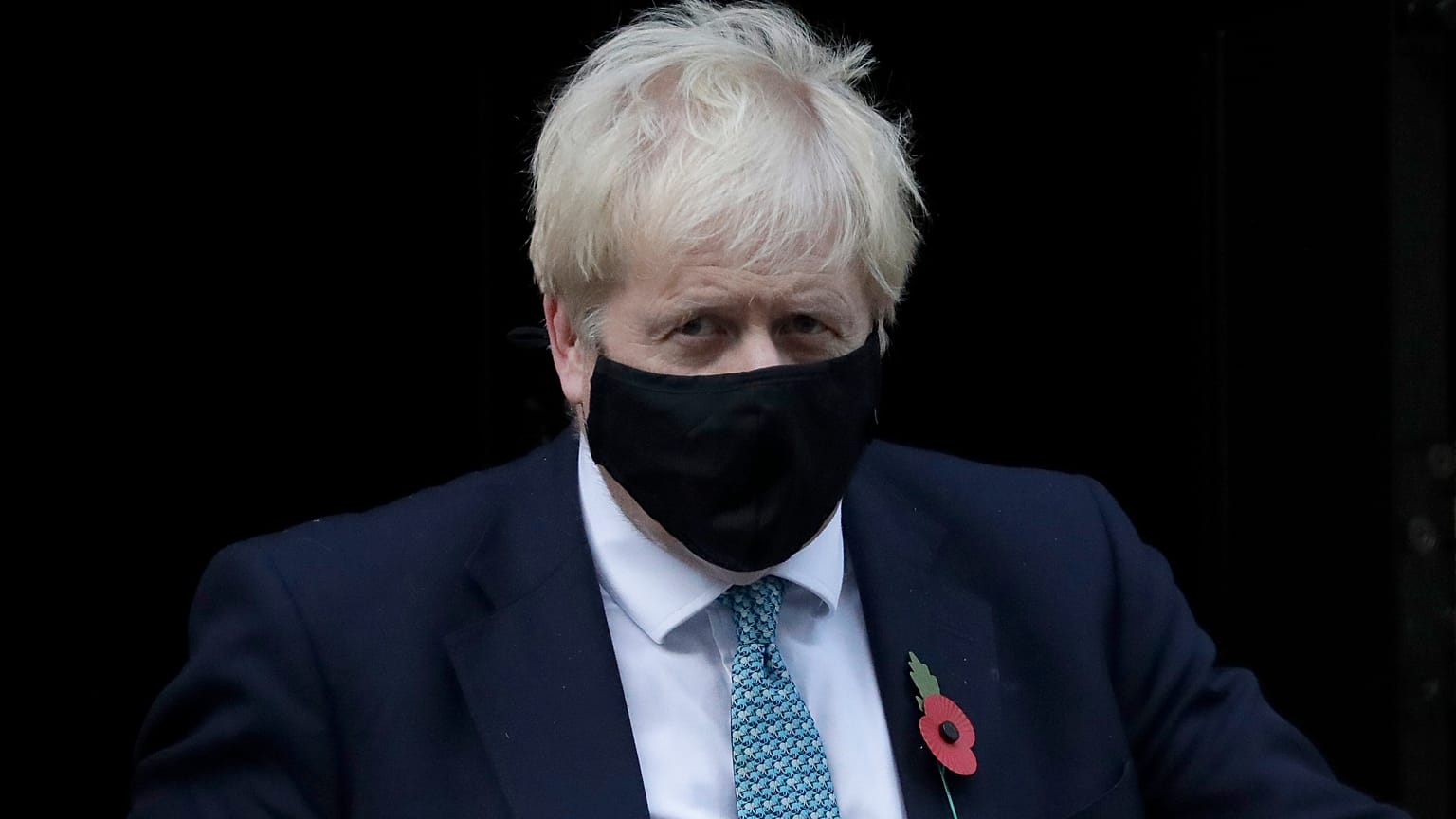Boris Johnson rejected claims he was moving slower than European neighbours in introducing restrictions to combat the virus.
British Prime Minister Boris Johnson has defended his decision to take England back into a coronavirus lockdown, saying there was "no alternative" to the measure.
 ADVERTISEMENT
ADVERTISEMENT
 ADVERTISEMENT
ADVERTISEMENT
Addressing the House of Commons, he added without action there could be twice as many COVID-19 deaths in winter compared to the first wave of the virus.
Johnson sought to win support for the new four-week lockdown planned in England from Thursday, reminding them the R-rate was still above 1 in every part of the country.
He rejected claims he was moving slower than European neighbours in introducing restrictions to combat the virus.
The lockdown measures, which are set to expire on December 2 according to Johnson, will face a vote in parliament on Wednesday.
Leader of the opposition Keir Starmer said Labour would provide the necessary votes to make the coronavirus restrictions happen, as he perceived further inaction was not an option.
But he didn't pass up the opportunity to criticise the pillars of the PM's strategy to fight the virus up to this point— a Test and Trace app and a regional approach to lockdown measures.
The contact tracing app, which tells people to self-isolate if their phone detects they were near someone who tested positive for COVID-19, has been widely criticised in the country and there were calls in the House of Commons for Baroness Harding, the programme's boss, to be replaced.
Starmer also called out what he said was the human costs of government's inaction, but Johnson replied that he was "right to try every possible option" before ordering a new lockdown.
The country has now recorded more than one million cases of the virus since the beginning of the pandemic and more than 46,200 people have lost their lives to the virus in the UK — Europe's highest death toll — and the country has recorded over 20,000 new daily infections since October 26.
What measures will be introduced in England from Thursday?
Johnson said that non-essential businesses, including pubs, bard and restaurants, will have to close in the lockdown, which is less strict than the first one in the spring.
Gyms and swimming pools, will also close, as well as entertainment venues and beauty salons.
People in the country will be told to stay at home except for specific reasons, which include work which cannot be done remotely, childcare or education, exercise, medical reasons, groceries, providing care for the vulnerable, and visiting members of a "support bubble".
Individuals will be able to meet one other person from another household outside in a public place.
Construction sites and manufacturing workplaces can remain open.
Citizens will be told not to travel on public or private transport unless essential.
The new measures will be in force until December 2 when Johnson said England would return to the tier system that is currently in place.














